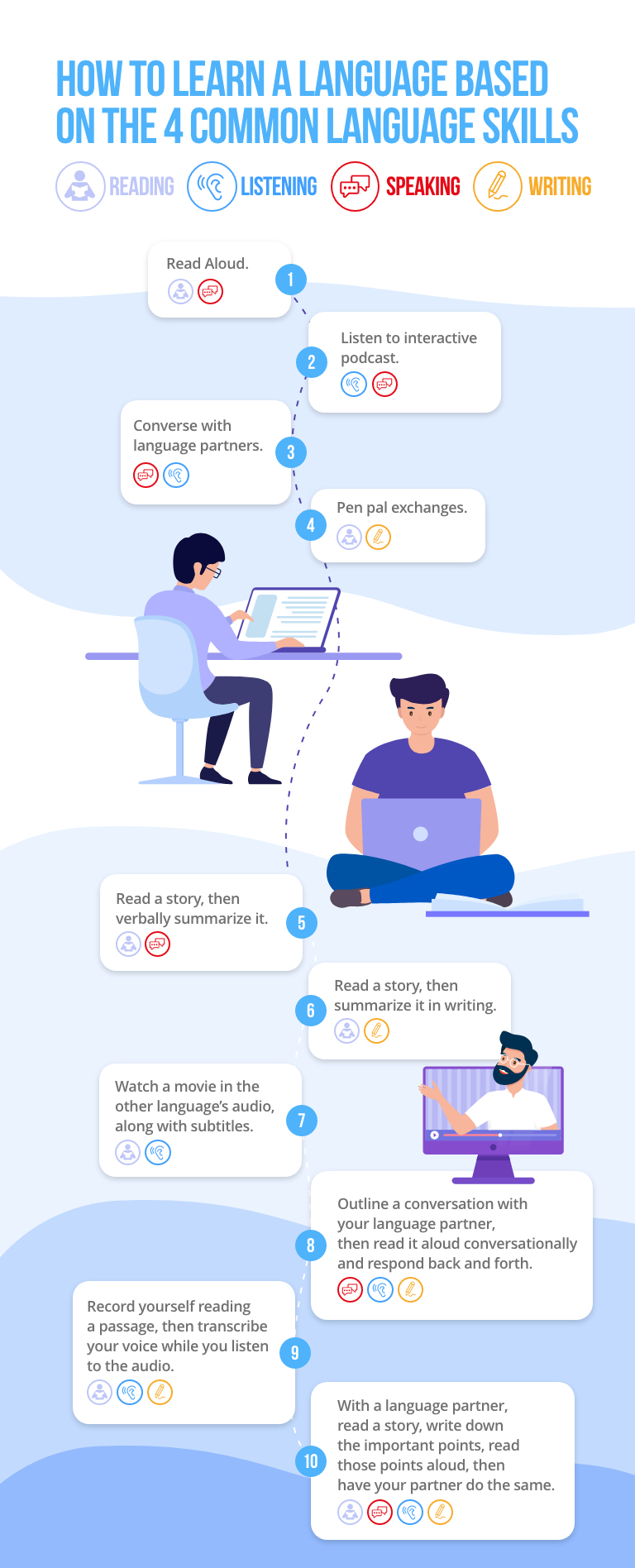Change language:
The easiest languages to learn for Hungarian speakers

It is a well-known fact that Hungarian is one of the most difficult languages in the world. However, what are some of the easiest languages to learn for Hungarian speakers? We have collected some of the languages that put Hungarian speakers at an advantage.
Afrikaans
Afrikaans, which is mainly spoken in South Africa and Namibia, is an easy language in general.
What makes this Dutch-derived language appealing for Hungarian speakers, though, is its lack of conjugation and genders for nouns. Learning the different tenses is also relatively straightforward. It is by far the easiest Germanic language, and it also benefits from words borrowed from English. If not tempted just yet, South Africa is one of the most beautiful countries in the world, with a fascinating history. By learning Afrikaans, speakers will be able to communicate with Dutch people too, and it will make mastering other Germanic languages easier.
Turkish
Despite deriving from different language families, the grammatical structure and pronunciation of Hungarian and Turkish are remarkably similar. Indeed, people who do not speak Hungarian or Turkish have commented on the way in which it is difficult to distinguish the two languages when spoken. As they sound similar, Hungarian speakers will find it easier to pick up Turkish pronunciation. They also have the following grammatical similarities:
- Nouns and personal pronouns do not have genders.
- Numbers do not make nouns plural. So, in Hungarian and Turkish, you would say four box instead of four boxes.
- Phrases are constructed via agglutination – for example, házam and evim mean ‘my house‘ in Hungarian and Turkish respectively. Not only are both languages suffix orientated, but the possessive suffix in both languages is ‘m’.
- Vowel harmony means that words take a certain ending in order to make sure that all words sound harmonious. For example, the suffixes for ‘with’ are val or vel. The Hungarian word seprű (broom) takes vel to form seprűvel (with a broom) to make it harmonious. Seprűval is incorrect as it is not harmonious.
Hungarian speakers are also less likely to struggle to pick up other Altaic languages such as Mongolian.
Japanese
Yes, you read that right. If we only consider speaking and listening, Japanese is relatively straightforward for Hungarian speakers. Pronunciation and grammar are both relatively simple. Japanese does not use noun genders, and they only have two tenses – past and non-past. The future is formed from the present, just like in Hungarian. A significant number of words (around 10%) are derived from English. However, reading and writing is another matter. It takes time to master their three alphabets, but there are plenty of online applications to support you with that. Patience is required, just like with any other language.
Check out our article from February on Hungarians who speak at least 10 languages to gain some inspiration. We have also written about essential Hungarian vocabulary.









Indonesian too! They have ny pronounciation and very similar phonetics etc. We found it very easy
The conclusion is that you are some aliens that came in european space :))) with no connection with other nationalities that were here before you 😛
Jim, Hungarians were there before other nations.
[…] The easiest languages to learn for Hungarian speakers | Daily News Hungary […]
I know Edward. They invented warm water and the wheel. :)) A beacon of light. I don*t know if they ever paid for how many jews they send in the exterminations camps.
Where are Khanty and Mansi? Also how easy would Erzya and Moksha be?
I have a Khanty who said Hungarian was really easy and I know 3 Udmurts and several Estonians who learned the language quickly as well.
him, you do realize that hungarians refused to send jews there? also this is obviously a propaganda site, you should know already